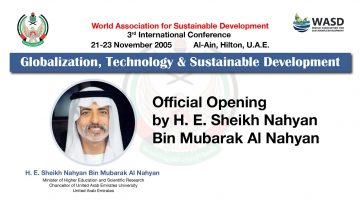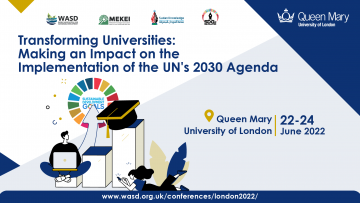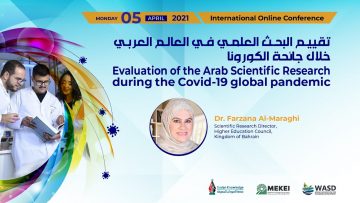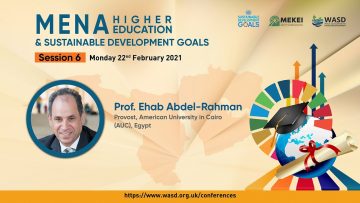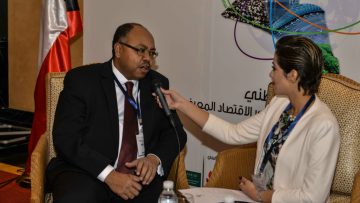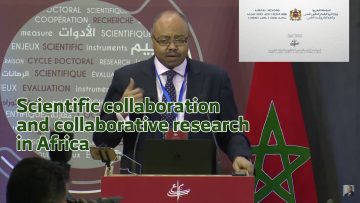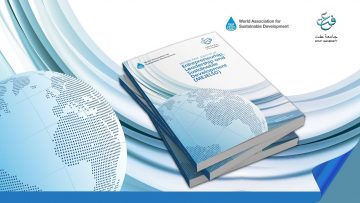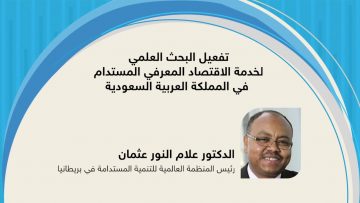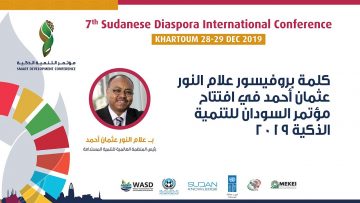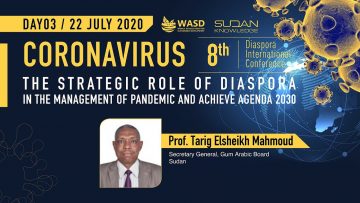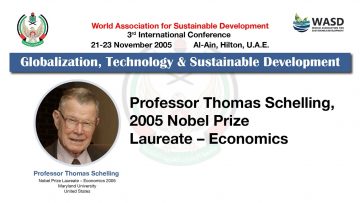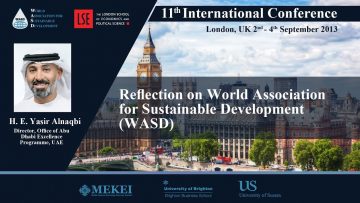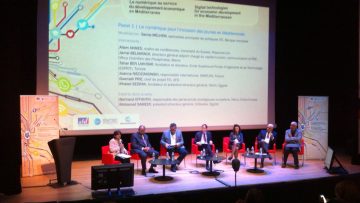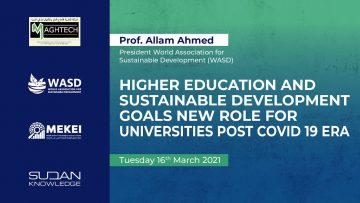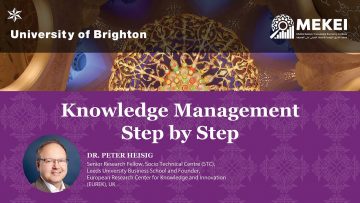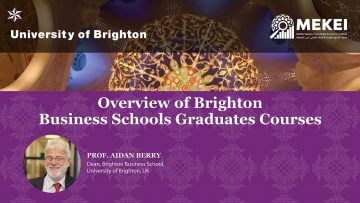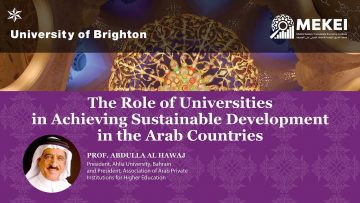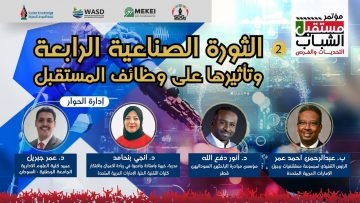(15) Academic dishonesty in Middle East universities, Dr. Akram Jalal-Karim
Dr. Akram Jalal-Karim
Ahlia University
Kingdom of Bahrain
DOI: 10.47556/J.IJIKMMENA.2.1.2013.5
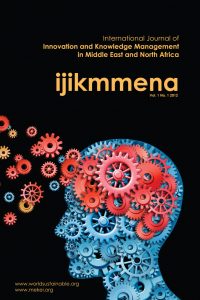 Purpose: While the most significant principle of higher education is academic integrity, various studies have revealed that academic cheating is pervasive on various university campuses in various states. Our students are expected to be our prospects and probably the leaders of our future. The decision-makers in the field of education, especially academia, must refine and correct all students’ deviation in terms of beliefs, perceptions and morals, as these will one day be reflected in their decisions.
Purpose: While the most significant principle of higher education is academic integrity, various studies have revealed that academic cheating is pervasive on various university campuses in various states. Our students are expected to be our prospects and probably the leaders of our future. The decision-makers in the field of education, especially academia, must refine and correct all students’ deviation in terms of beliefs, perceptions and morals, as these will one day be reflected in their decisions.
Design/methodology/approach: This empirical study explores the causes, consequences and methods of student cheating in the private and public universities in Bahrain. It evaluates the impact of effective motivators (factors) on academic dishonesty. We conducted a survey of 210 graduate and undergraduate students in two universities (one private and one public).
Findings: The results of this study revealed that some factors such as class size, class level, the lack of warning and deterrence, lack of response to the exams’ rules and regulations and competitive pressures can significantly influence the prevalence of academic cheating.
Originality/value: Thus, the value of this research is to see whether these factors are still relevant, despite the different culture, environment, traditions and conventions.
Keywords: Cheating, Academic Dishonesty, Academic Integrity, Ethics





